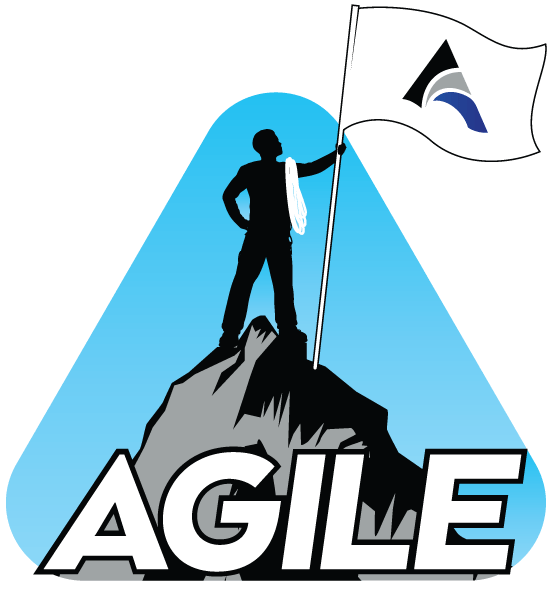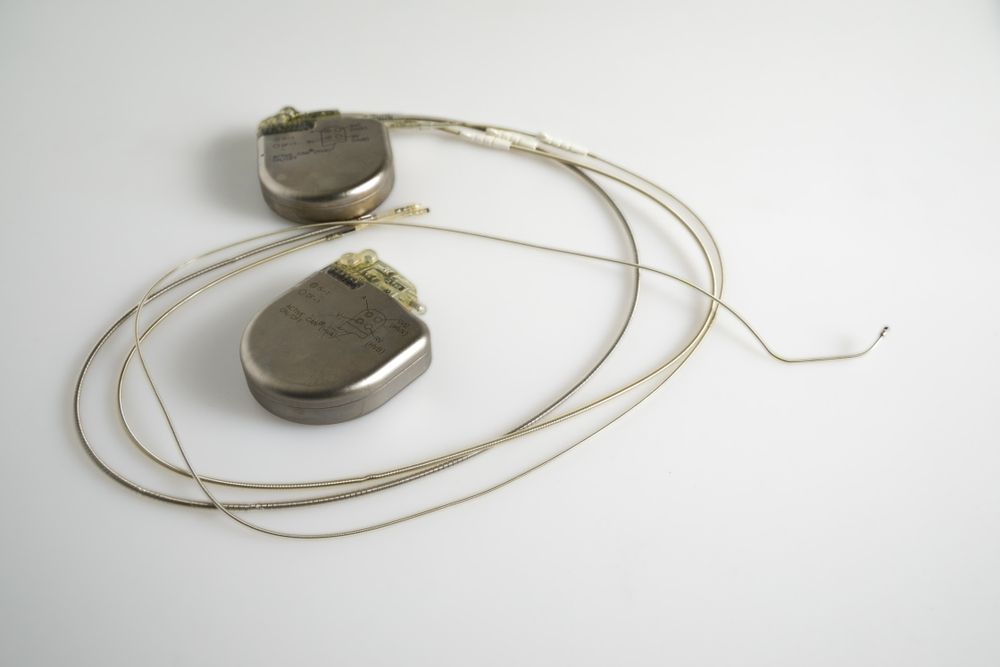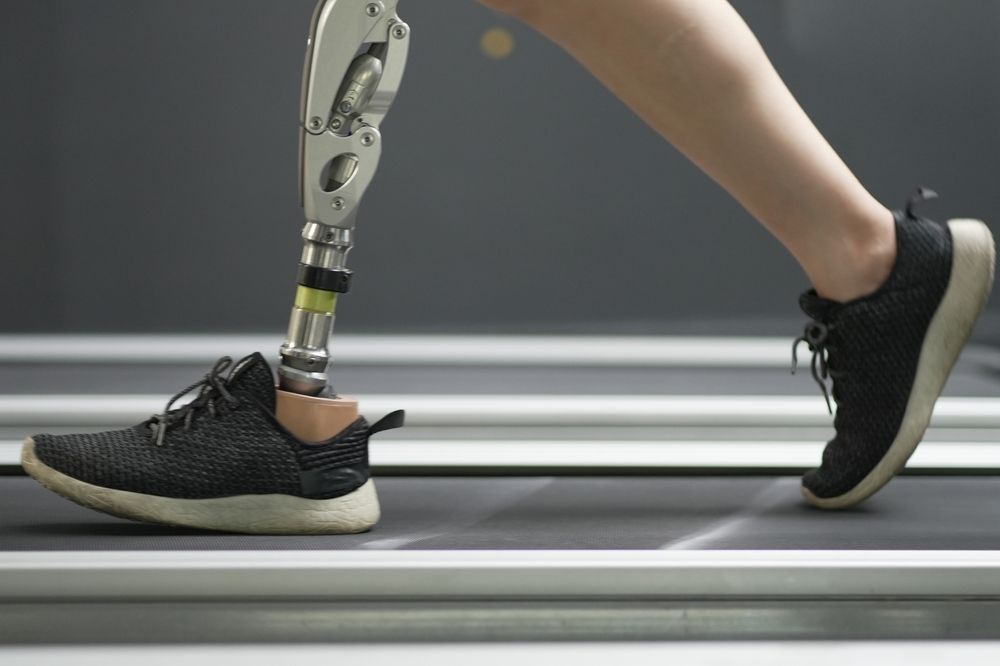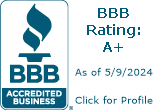Absorbable Medicine Tax Exemptions for Hospitals in Alabama
The state of Alabama is relatively limited when it comes to providing sales and use tax exemptions for medical purchases made by hospitals and health care facilities. However, there is an Alabama sales and use tax exemption available for medicines and other substances consumed by the body. The extent of the applicability for this sales and use tax exemption was clarified in Alabama Revenue Ruling 2012-002 , issued on 10/24/2012.
Alabama Code § 40-23-4.1(b) provides a sales and use tax exemption on, “medicines prescribed by physicians for human consumption or intake that are filled by licensed pharmacists or sold to the patient by a physician.” This Alabama sales and use tax exemption applies to, “medicines purchased by hospitals, infirmaries, sanitariums, nursing homes, medical clinics and physicians for use or consumption in rendering medical services to patients and sales of exempt medicines are exempt regardless of whether they are diagnostic in nature or they are used in preventing, treating or mitigating diseases.”
Absorbable Medicine Tax Exemptions: Defining the Term "Medicine"
While Alabama Code § 40-23-4.1(b) states that a sales and use tax exemption exists for medicines prescribed for human consumption or intake purchased by hospitals in the rendering of medical services to patients, the code did not clearly define the term medicine. Since there is no statutory definition for medicine provided in the Alabama revenue code, the word must be given its normal, generally accepted meaning.
The Oxford English Dictionary defines the term medicine as “a substance or preparation used in the treatment of illness; a drug; esp. one taken by mouth. The Black’s Law Dictionary defines medicine as “a substance intended for use in the diagnosis, cure, treatment, or prevention of a disease.” In Alcon Laboratories v. State of Alabama, Docket S. 06-910 , the court defined medicine as “an agent, such as a drug, used to treat disease or injury” and defined drug as “a substance used in the diagnosis, treatment or prevention of a disease.”
The Taxability of Different Materials
Alabama Revenue Ruling 2012-002 discusses the taxability of two products composed of different materials and whether either product can be considered a “medicine” thus qualifying for Alabama’s sales and use tax exemption for medicines purchased by hospitals or health care facilities. One of the products (Product X) is composed of calcium phosphate and collagen with the intended use to provide scaffold that supports bone remodeling. The other product (Product Y) is composed of recombinant human platelet-derived growth factor and beta-tricalcium phosphate with an intended use that is similar to Product X.
While both products are used to support bone growth, Product Y is composed of materials that are gradually absorbed and consumed by the body and replaced by bone. Product X is composed of materials that are merely providing a surface for bone growth and its properties are not changed within the body to promote absorption. Since Product Y is ultimately consumed by the body, it is considered a medicine under Alabama Code § 40-23-4.1(b).
Filing a Refund Claim
Most vendors making sales of these types of items are either not aware of this exemption, have not researched whether all products in their portfolio may qualify or do not have the capability in their tax systems to distinguish between absorbable and non-absorbable items. Consequently, vendors are generally still charging Alabama sales and use tax to their customers on absorbable items that would qualify for this exemption. Furthermore, the state of Alabama does not provide a sales and use tax exemption certificate that hospitals can issue to their vendors to stop charging sales and use tax on these items.
Purchasers of items that qualify for Alabama sales and use tax exemptions can file a refund claim to recover sales taxes already paid with the Alabama Department of Revenue and other local jurisdictions within the 36-month statute of limitations. If the tax was paid to the vendor, the purchaser must submit a Joint Petition for sales tax refund form , which needs to be signed for the purchaser and an officer of the vendor company. If the tax was accrued by the purchaser, then they can file a Direct Petition for use tax refund form without any consent from the vendor.
As with all Sales & Use Tax research, the specifics of each case need to be considered when determining taxability. Additional advice from Agile Consulting Group’s sales tax consultants can be found on our page summarizing Alabama sales and use tax exemptions. If you have questions, comments or would like to discuss the specific circumstances you are encountering about this issue or any other Sales & Use Tax issue, please contact us at (888) 350-4TAX (4829) or via email at info@salesandusetax.com.
The post Absorbable Medicines Purchased by Hospitals Exempt from Alabama Sales and Use Tax appeared first on Agile Consulting Group.











